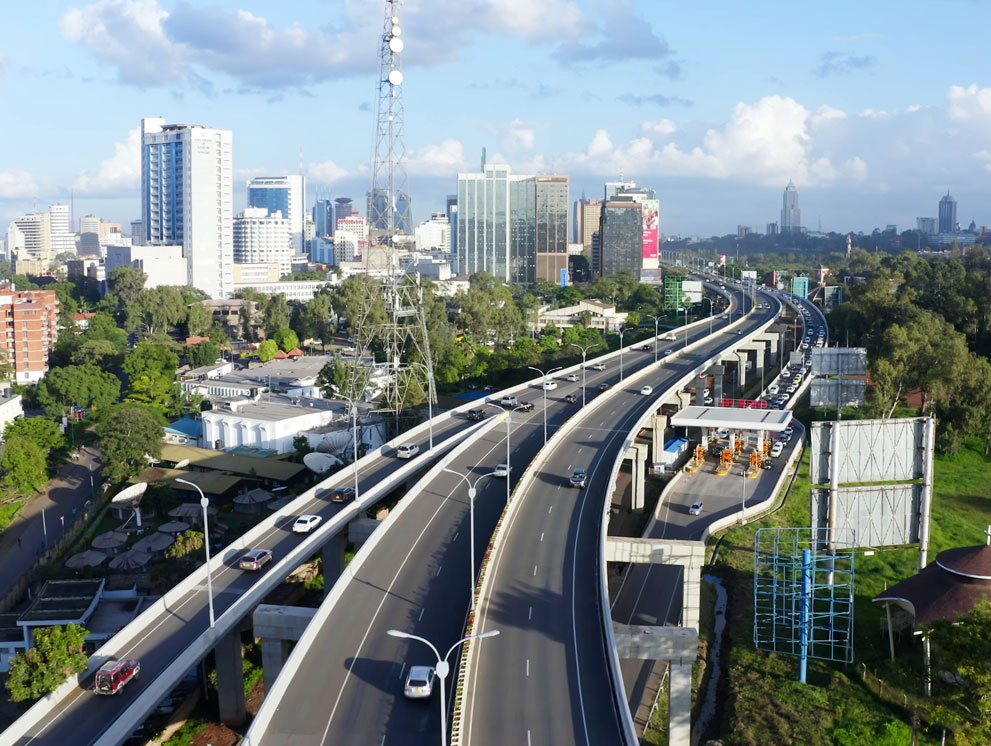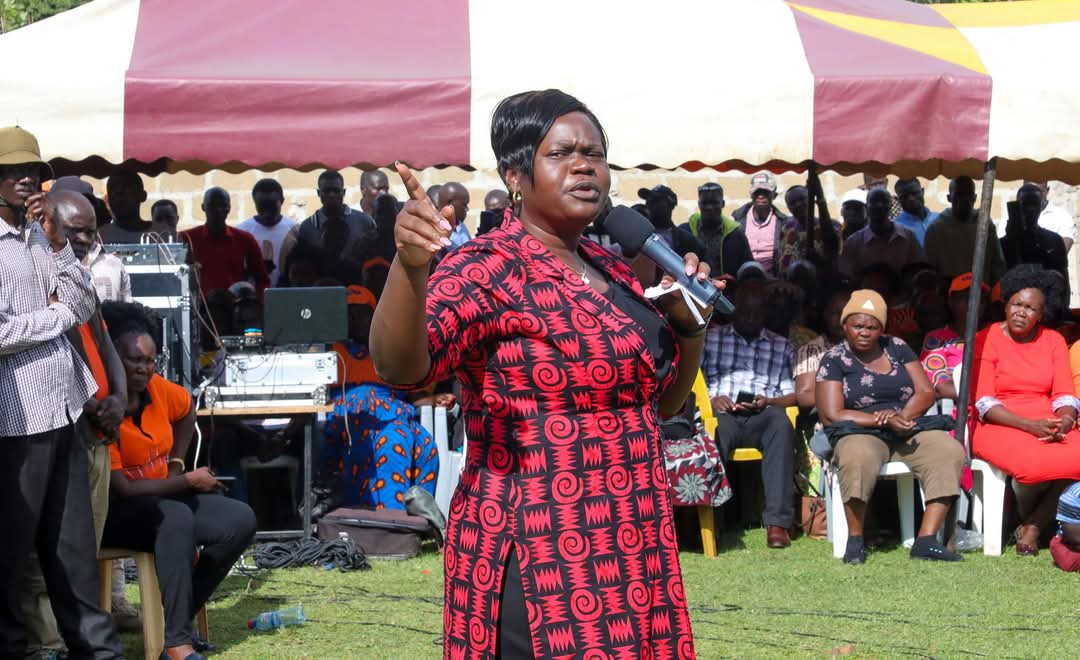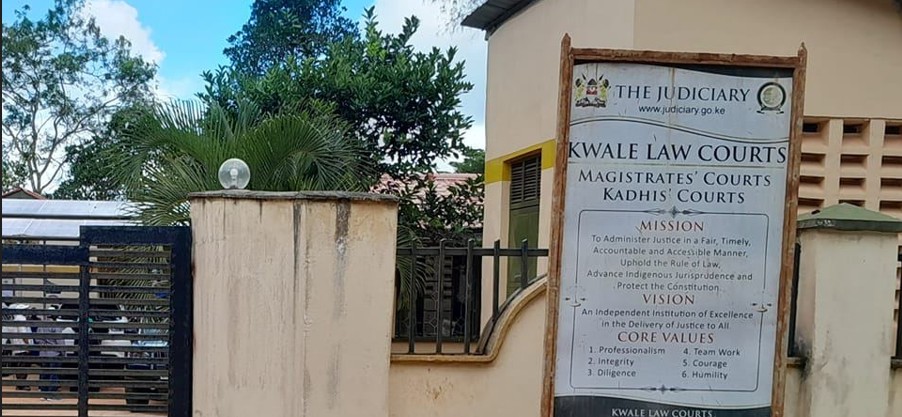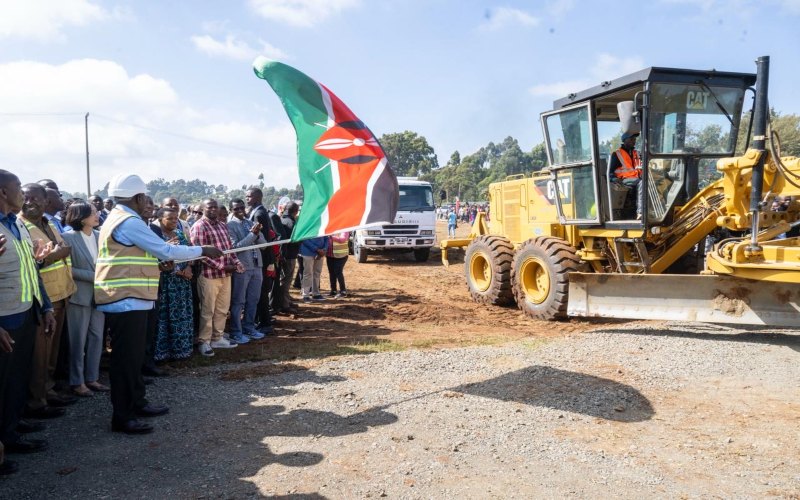41% of Kenyans can’t register to vote due to lack of ID cards- report

The findings come as the government urges Kenyans to collect their national identification cards, many of which remain idle at Huduma Centres.
Lack of identification documents has emerged as the biggest hindrance to voter registration in Kenya, with 41 per cent of citizens citing the absence of ID cards as the main reason they have not registered.
This was revealed in a study conducted by Infotrak between November 16 and 30, 2024. Other factors contributing to low voter registration include busy schedules and distant registration centres, each accounting for 16 per cent.
More To Read
- Church leaders warn of by-election violence ahead of 2027 polls
- Tanzania dispatches envoy to Brussels to avert Sh23.3 billion EU aid freeze
- Guinea's presidential election campaign kicks off
- Government tightens ID registration checks after scrapping vetting process
- By-elections: KNCHR warns of rising tension as voting kicks off in 24 contested areas
- IEBC warns against double registration as voter turnout remains low
Additionally, 10 per cent of respondents highlighted disinterest in elections, while another 10 per cent mentioned a lack of information on voter registration processes.
“The major factors preventing the citizenry from registering as voters include lack of ID Cards (41 per cent), busy schedules (16 per cent), far registration centres (16 per cent), and lack of trust in the electoral processes, among others,” reads the report.
The findings come as the government urges Kenyans to collect their national identification cards, many of which remain idle at Huduma Centres.
In October, Public Service Cabinet Secretary Justin Muturi revealed that over 190,000 ID cards were lying uncollected at Huduma Centres nationwide. Muturi expressed concern over the backlog, noting it hinders access to essential services for affected citizens.
“I urge Kenyans to visit their nearest Huduma Centre and promptly collect their documents. There are 57 Huduma Centres across the country,” Muturi said during a visit to the Thika Huduma Centre.
While assessing service delivery, he highlighted the need for timely collection of IDs and announced plans to expand the centres.
“We are making strides to set up Huduma Centres in every constituency, so no one has to travel far for essential services. I’m thrilled by the support from MPs to bring services closer to the people,” he added.
Muturi reassured citizens of the government’s commitment to improving service delivery, stating, “I am here to ensure every Kenyan walking through these doors receives efficient, timely, and top-notch services.”
The survey also shed light on broader public attitudes towards electoral participation. It found that in the 2022 general elections, 27 per cent of respondents said they were disinterested in the polls, while 25 per cent were hindered by busy schedules or a lack of trust in the electoral system.
Another 20 per cent stated they were not registered voters at the time, and 14 per cent said they could not vote due to lost identification documents. Five per cent cited being out of the country or away from their voting area as their reason for abstaining.
The study was carried out using a combination of desk research, quantitative interviews, and qualitative key informant discussions, targeting individuals aged 18 and above across all 47 counties in Kenya.
The quantitative component involved a sample size of 2,400 respondents, with a margin of error of ±2 per cent at a 95 per cent confidence level. To ensure representativeness, the sample distribution across counties was proportionate to the population, with the Rift Valley region having the largest sample and the North Eastern region the smallest.
The research aimed to explore public trust in institutions and democratic processes, particularly in the electoral governance landscape. It also sought to examine the impact of recent public protests on reform efforts and highlight underlying issues of discontent among Kenyans, especially the youth.
The findings provide insights into political trends and public attitudes while making recommendations to guide interventions by the Kenya Electoral Support Programme (KESP).
Top Stories Today














































